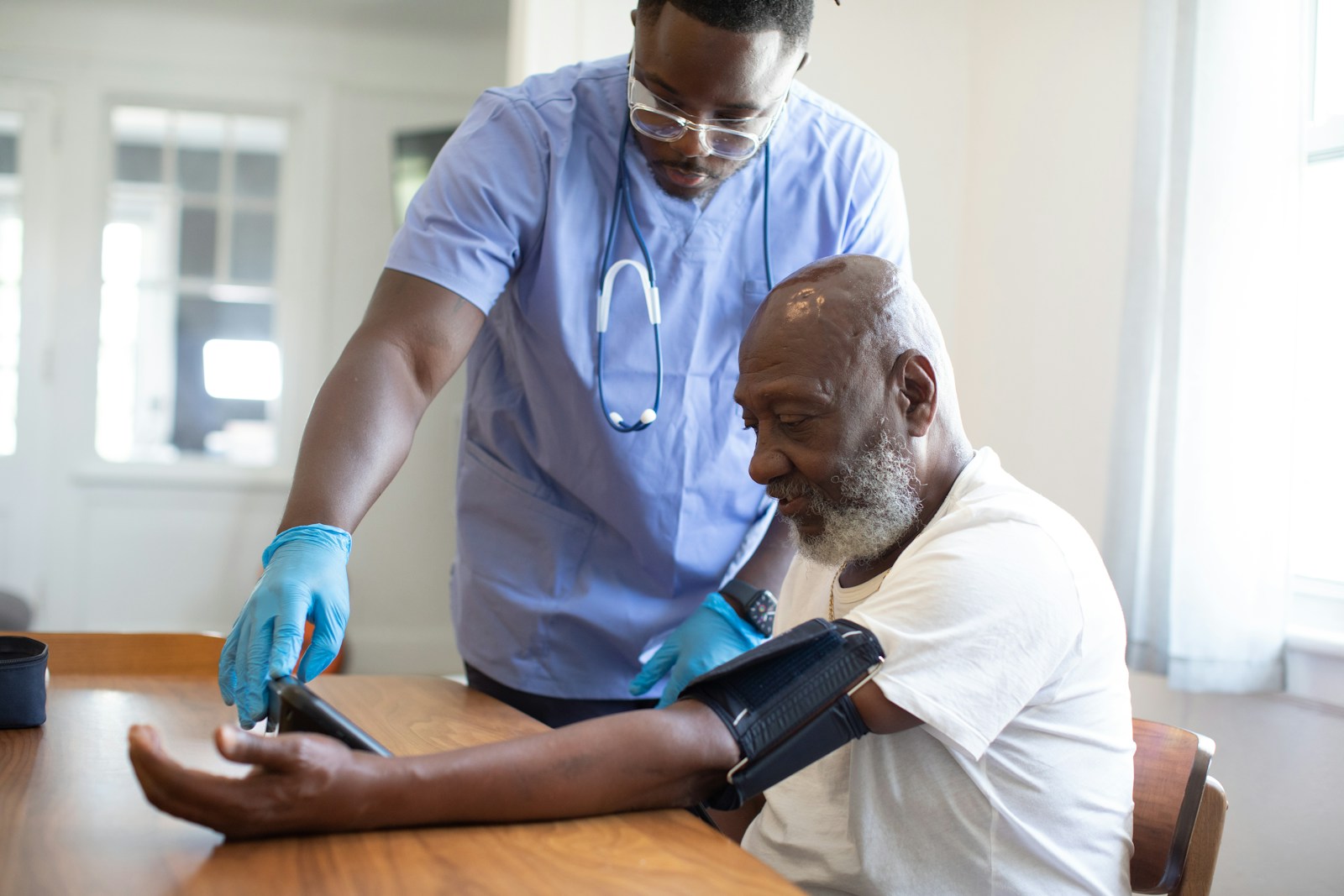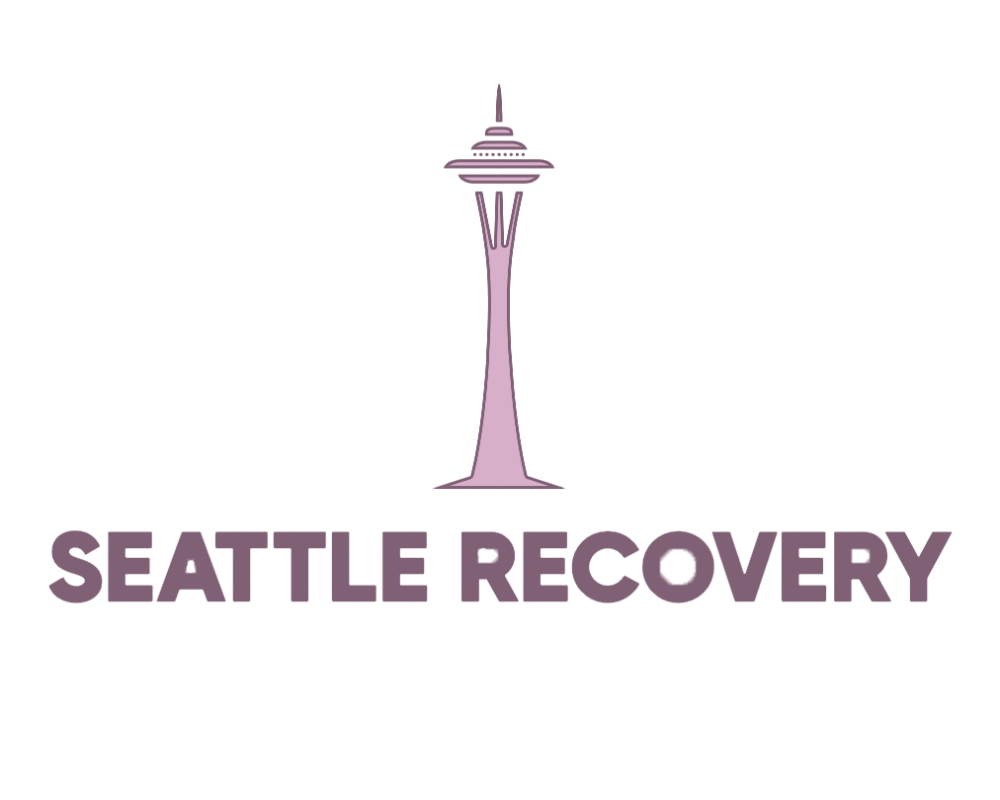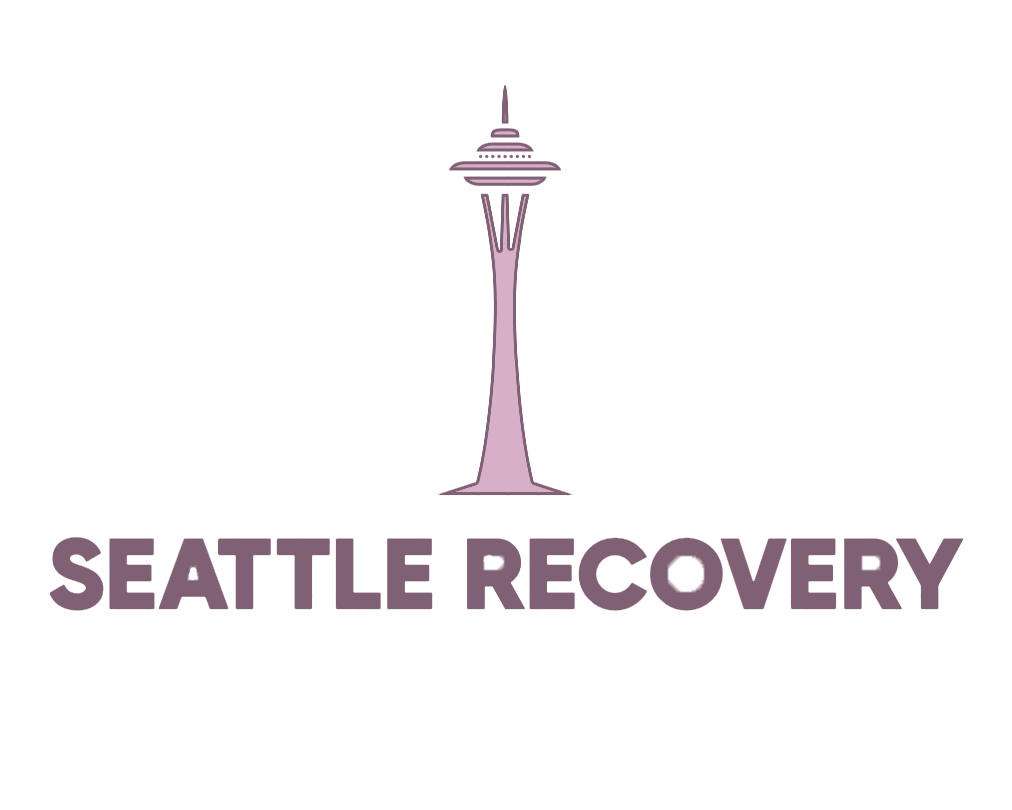Taking the first step toward recovery from substance abuse or mental health challenges requires courage, hope, and a willingness to embrace change. For those seeking support in the Pacific Northwest, rehabilitation Seattle WA offers comprehensive treatment programs designed to guide individuals through every phase of their healing journey. Understanding what to expect during rehabilitation can help reduce anxiety and prepare you for the transformative experience ahead.
Seattle’s rehabilitation facilities provide evidence-based treatment approaches within a supportive environment where healing becomes possible. Whether you’re struggling with addiction, mental health disorders, or co-occurring conditions, rehabilitation Seattle WA centers offer specialized care tailored to meet your unique needs. This guide explores the various treatment components you’ll encounter and how they work together to support lasting recovery.
Understanding the Foundation of Recovery
Rehabilitation Seattle WA programs recognize that recovery is not a one-size-fits-all process. Each person arrives with different experiences, challenges, and strengths. The journey typically begins with a comprehensive assessment where clinical professionals evaluate your physical health, mental wellness, substance use history, and personal circumstances. This assessment creates the foundation for your individualized treatment plan.
The Seattle area’s rehabilitation centers emphasize holistic healing that addresses not just the symptoms of addiction or mental illness, but the underlying causes. By integrating multiple therapeutic modalities and support services, rehabilitation Seattle WA facilities help clients develop the tools needed for sustainable recovery. The Pacific Northwest’s natural beauty and community-focused culture also provide an ideal backdrop for healing and personal growth.
Detoxification and Intervention Assistance
For many individuals entering rehabilitation Seattle WA programs, the journey begins with medically supervised detoxification. Detox represents the critical first phase where your body safely eliminates substances while medical professionals monitor your vital signs and manage withdrawal symptoms. This process varies in duration depending on the substances used, frequency of use, and individual health factors.
Key aspects of detox and intervention services include:
- 24/7 Medical Supervision: Healthcare professionals continuously monitor clients to ensure safety and comfort during withdrawal. Medical staff can administer medications to ease symptoms like nausea, anxiety, tremors, and insomnia, making the detox process more manageable.
- Comprehensive Health Assessment: Medical teams evaluate any co-occurring health conditions that require attention. This includes checking cardiovascular health, liver function, nutritional status, and mental health conditions that may complicate withdrawal.
- Crisis Intervention Support: For individuals in acute crisis or those requiring immediate assistance, intervention specialists work with families to facilitate treatment entry. Professional interventionists help loved ones communicate concerns effectively and guide individuals toward accepting help.
- Medication-Assisted Treatment: For certain substance dependencies, medications like buprenorphine, methadone, or naltrexone may be used to reduce cravings and withdrawal severity. These evidence-based approaches significantly improve treatment outcomes and reduce relapse risk.
Detoxification at rehabilitation Seattle WA facilities creates a stable foundation for the therapeutic work ahead. By addressing physical dependence first, clients can engage more fully in counseling and behavioral therapies without the distraction of withdrawal symptoms or active substance use.
Inpatient and Outpatient Treatment Options
Rehabilitation Seattle WA centers offer both inpatient and outpatient treatment models to accommodate different needs and recovery stages. Understanding these options helps you choose the most appropriate level of care.
- Immersive Healing Environment: Clients reside at the facility full-time, removing them from triggers and negative influences while providing structure and support around the clock. This intensive approach allows for deep therapeutic work and immediate access to professional help.
- Intensive Therapy Schedule: Days include multiple individual and group therapy sessions, educational workshops, wellness activities, and skill-building exercises. The structured environment helps clients establish healthy routines and coping mechanisms.
- Peer Support Community: Living alongside others in recovery creates powerful connections and mutual encouragement. Shared experiences foster understanding and reduce the isolation that often accompanies addiction and mental health struggles.
- Comprehensive Care Coordination: All aspects of treatment are integrated under one roof, from medical care to nutrition to recreational therapy. This coordination ensures consistent messaging and seamless transitions between different treatment components.
Outpatient treatment offers:
- Flexibility for Life Responsibilities: Clients attend scheduled therapy sessions while continuing to work, attend school, or care for family members. This model works well for those with strong support systems and lower-risk clinical profiles.
- Real-World Application: Clients immediately apply recovery skills in their daily lives while still receiving professional support. This approach helps bridge the gap between treatment and independent living.
- Gradual Transition: Many individuals step down from inpatient to outpatient care as they progress, maintaining therapeutic support while increasing independence. This phased approach reduces relapse risk during vulnerable transition periods.
The rehabilitation Seattle WA treatment continuum ensures that individuals receive the appropriate intensity of care at each recovery stage, adjusting as needs change over time.
Partial Hospitalization and Residential Treatment
Between traditional inpatient and outpatient care, rehabilitation Seattle WA facilities offer intermediate levels of support through partial hospitalization programs (PHP) and residential treatment.
Partial Hospitalization Programs provide:
- Structured Day Programming: Clients participate in treatment for several hours daily, typically five to seven days per week, then return home each evening. PHP offers intensive therapy without requiring overnight stays, making it ideal for those transitioning from inpatient care or those needing more support than standard outpatient treatment.
- Medical and Psychiatric Oversight: Regular monitoring by healthcare professionals ensures medication management and health stability. Nurses and physicians track progress and adjust treatment protocols as needed.
- Intensive Therapeutic Engagement: PHPs typically include 20-30 hours of programming weekly, featuring group therapy, individual counseling, psychiatric services, and therapeutic activities. This intensity supports significant progress while allowing clients to practice skills in their home environment.
Residential Treatment offers:
- Extended Supportive Living: Clients live in a therapeutic community setting for weeks or months, typically ranging from 30 to 90 days. This homelike environment provides more independence than traditional inpatient care while maintaining structure and support.
- Life Skills Integration: Residential programs emphasize developing practical skills for independent living, including budgeting, meal planning, employment preparation, and relationship building. These competencies are essential for maintaining recovery after treatment completion.
- Gradual Reintegration: The residential setting allows measured reentry into community life through planned activities, volunteer work, or part-time employment. This approach builds confidence and tests recovery skills with professional backup available.
These intermediate levels of care provided by rehabilitation Seattle WA programs bridge critical gaps in the treatment continuum, offering appropriate support intensity as individuals strengthen their recovery foundation.
Evidence-Based Therapeutic Approaches
Rehabilitation Seattle WA facilities implement proven therapeutic modalities that address the psychological and emotional aspects of addiction and mental health disorders. Three primary evidence-based approaches form the cornerstone of effective treatment.

- Eye Movement Desensitization and Reprocessing (EMDR):
EMDR has gained recognition as a powerful treatment for trauma, which often underlies addiction and mental health conditions. This therapy helps clients process traumatic memories that may trigger substance use or emotional distress. During EMDR sessions, therapists guide clients through bilateral stimulation (typically eye movements) while recalling distressing events.
This process helps the brain reprocess traumatic memories, reducing their emotional charge and associated symptoms. Many individuals struggling with PTSD, anxiety disorders, or trauma-related substance abuse find significant relief through EMDR, making it a valuable component of comprehensive rehabilitation Seattle WA programming.
- Cognitive Behavioral Therapy (CBT):
CBT represents one of the most researched and effective approaches for treating both addiction and mental health disorders. This therapy focuses on identifying and changing negative thought patterns that drive unhealthy behaviors. Clients learn to recognize cognitive distortions like catastrophizing, all-or-nothing thinking, and personalization that contribute to substance use or emotional difficulties.
Through CBT, individuals develop practical skills for managing cravings, handling stress, and making healthier choices. The structured, goal-oriented nature of CBT makes it particularly effective within rehabilitation Seattle WA programs, where clients can practice new skills in supportive environments before applying them independently.
- Dialectical Behavior Therapy (DBT):
Originally developed to treat borderline personality disorder, DBT has proven highly effective for individuals with emotional regulation difficulties, self-destructive behaviors, and co-occurring disorders. This approach combines cognitive-behavioral techniques with mindfulness practices, teaching four core skill sets: mindfulness (present-moment awareness), distress tolerance (crisis survival skills), emotion regulation (managing intense feelings), and interpersonal effectiveness (healthy communication and boundaries).
DBT is especially beneficial for those who experience intense emotional reactions, engage in impulsive behaviors, or struggle with relationships. Many rehabilitation Seattle WA programs incorporate DBT skills training into both individual and group therapy formats.
Developing Essential Life Skills
Recovery extends beyond abstinence and symptom management to rebuilding a fulfilling, purposeful life. Rehabilitation Seattle WA programs recognize that many individuals have gaps in practical life skills due to the all-consuming nature of addiction or mental illness.
Life skills training encompasses:
- Financial Management: Learning budgeting, banking, debt management, and financial planning helps clients establish economic stability. Financial stress often contributes to relapse, making these skills essential for long-term recovery.
- Employment Preparation: Resume writing, interview techniques, workplace communication, and job search strategies prepare clients for sustainable employment. Some programs offer vocational training or connections with recovery-friendly employers.
- Health and Wellness: Nutrition education, exercise routines, sleep hygiene, and stress management techniques support overall wellbeing. Many clients have neglected physical health during active addiction, making wellness education crucial.
- Relationship Building: Communication skills, boundary setting, conflict resolution, and trust-building help clients repair damaged relationships and form healthy new connections. Social support significantly impacts recovery success.
- Time Management: Structuring days productively, prioritizing tasks, and balancing responsibilities prevents the boredom and aimlessness that can trigger relapse. Clients learn to fill time previously spent using substances with meaningful activities.
These practical competencies taught in rehabilitation Seattle WA facilities provide the foundation for independent, satisfying lives beyond treatment completion.
Motivational Interviewing and Personal Empowerment
Motivational interviewing represents a client-centered counseling approach that enhances intrinsic motivation for change. Rather than confrontational tactics, rehabilitation Seattle WA therapists use motivational interviewing to help individuals explore their own reasons for pursuing recovery.
This approach involves asking open-ended questions, providing affirming statements, practicing reflective listening, and summarizing client perspectives. Through guided conversation, individuals identify their values, recognize discrepancies between current behaviors and desired goals, and develop confidence in their ability to change. Motivational interviewing acknowledges ambivalence about recovery as normal rather than problematic, helping clients work through mixed feelings at their own pace.
The empowering nature of motivational interviewing makes it particularly effective during early treatment stages when commitment may waver. By supporting self-efficacy and personal choice, this technique increases treatment engagement and reduces dropout rates. Rehabilitation Seattle WA counselors skilled in motivational interviewing help clients find their own compelling reasons for change, which proves more sustainable than externally imposed motivations.
Case Management and Comprehensive Support Coordination
Recovery involves navigating complex systems including healthcare, legal, housing, employment, and social services. Case managers at rehabilitation Seattle WA facilities serve as vital advocates and coordinators who help clients access necessary resources.
Case management services include:
- Benefits and Insurance Navigation: Assisting with Medicaid applications, disability benefits, health insurance enrollment, and understanding coverage options ensures clients maintain access to care. The administrative complexity of these systems can overwhelm people in early recovery.
- Housing Assistance: Connecting clients with sober living homes, transitional housing, or permanent supportive housing addresses one of recovery’s most fundamental needs. Stable housing significantly improves treatment outcomes and reduces relapse risk.
- Legal Advocacy: Case managers help clients address legal issues including court requirements, probation compliance, license reinstatement, and expungement processes. Many individuals in rehabilitation Seattle WA programs face legal consequences from past substance use.
- Healthcare Coordination: Arranging ongoing medical care, mental health services, medication management, and specialist appointments ensures comprehensive health needs are met. Case managers facilitate communication between providers for integrated care.
- Community Resource Linkage: Connecting clients with support groups, educational programs, employment services, childcare, transportation, and other community resources helps build sustainable recovery infrastructure. No single program can provide everything someone needs; case management creates these essential connections.
Through persistent advocacy and coordination, case managers help remove barriers to recovery success and ensure clients receive wrap-around support during vulnerable transition periods.
Family Support and Healing Relationships
Addiction and mental illness affect entire family systems, not just individuals. Rehabilitation Seattle WA programs recognize that family involvement significantly enhances treatment outcomes and promotes long-term recovery success.
Family support services provide:
- Family Education: Programs teach loved ones about addiction as a brain disease, mental health conditions, recovery processes, and how to provide appropriate support. Understanding these issues reduces blame and stigma while fostering compassion.
- Communication Skills Training: Families learn effective communication techniques, active listening, expressing concerns constructively, and setting healthy boundaries. Many relationships damaged by addiction require rebuilding trust and connection.
- Family Therapy Sessions: Joint counseling addresses relationship dynamics, resolves conflicts, heals trauma, and establishes new interaction patterns. Therapists help families process hurt feelings, rebuild trust, and create supportive home environments.
- Support Groups: Family programs connect loved ones with others facing similar challenges. Al-Anon, Nar-Anon, and other support groups provide community, shared experience, and ongoing encouragement.
- Continuing Care Planning: Families participate in discharge planning, learning how to support recovery while maintaining self-care. Clear expectations, emergency protocols, and ongoing support structures increase success after rehabilitation Seattle WA treatment completion.
Family involvement transforms recovery from an individual endeavor into a collective healing process. When families understand their role and receive appropriate support, they become powerful recovery allies rather than unintentional obstacles.
Conclusion
Choosing rehabilitation Seattle WA represents a profound act of self-care and hope. While the path ahead requires commitment and courage, you don’t walk it alone. Comprehensive treatment programs provide medical care, evidence-based therapies, practical skill development, and compassionate support throughout your healing journey. Recovery is possible. Every day, individuals transform their lives through rehabilitation Seattle WA programs, discovering strengths they never knew they possessed and building futures they once thought impossible.
The combination of detoxification services, varied treatment levels, proven therapeutic approaches, life skills training, motivational support, case management, and family involvement creates a robust framework for lasting change. If you or a loved one is struggling with addiction or mental health challenges, reach out to our team today by calling 1 (206) 231-0252 or visiting our website. Rehabilitation Seattle WA facilities stand ready to meet you wherever you are in your journey, offering personalized care, professional expertise, and unwavering support as you move toward healing and hope.







